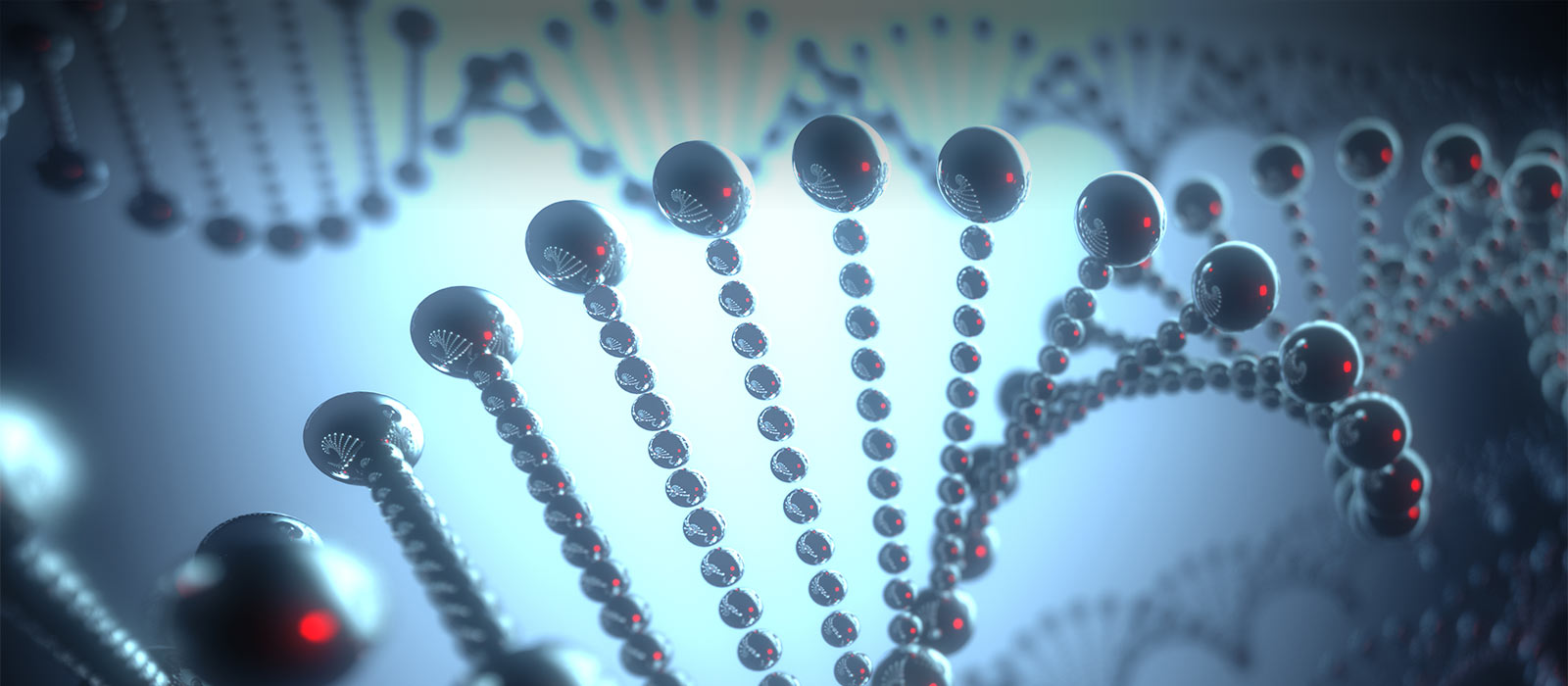Everyone is at risk for cardiovascular disease. However, that risk can be reduced through a combination of diet, lifestyle, physical activity, environmental exposures (such as tobacco or alcohol), existing medical conditions (like high blood pressure, diabetes, or obesity), and genomics. For some individuals, their genomic makeup may significantly influence their risk, while for others, it may play a more minor role.
We can work with you to help your family better understand their potential risk for cardiovascular disease in the future. Genetics not only considers inherited conditions present at birth but also how your genes interact with your environment, available therapies, and lifestyle choices. Our goal is to improve your cardiovascular health with a personalized, precise approach tailored specifically to you.

